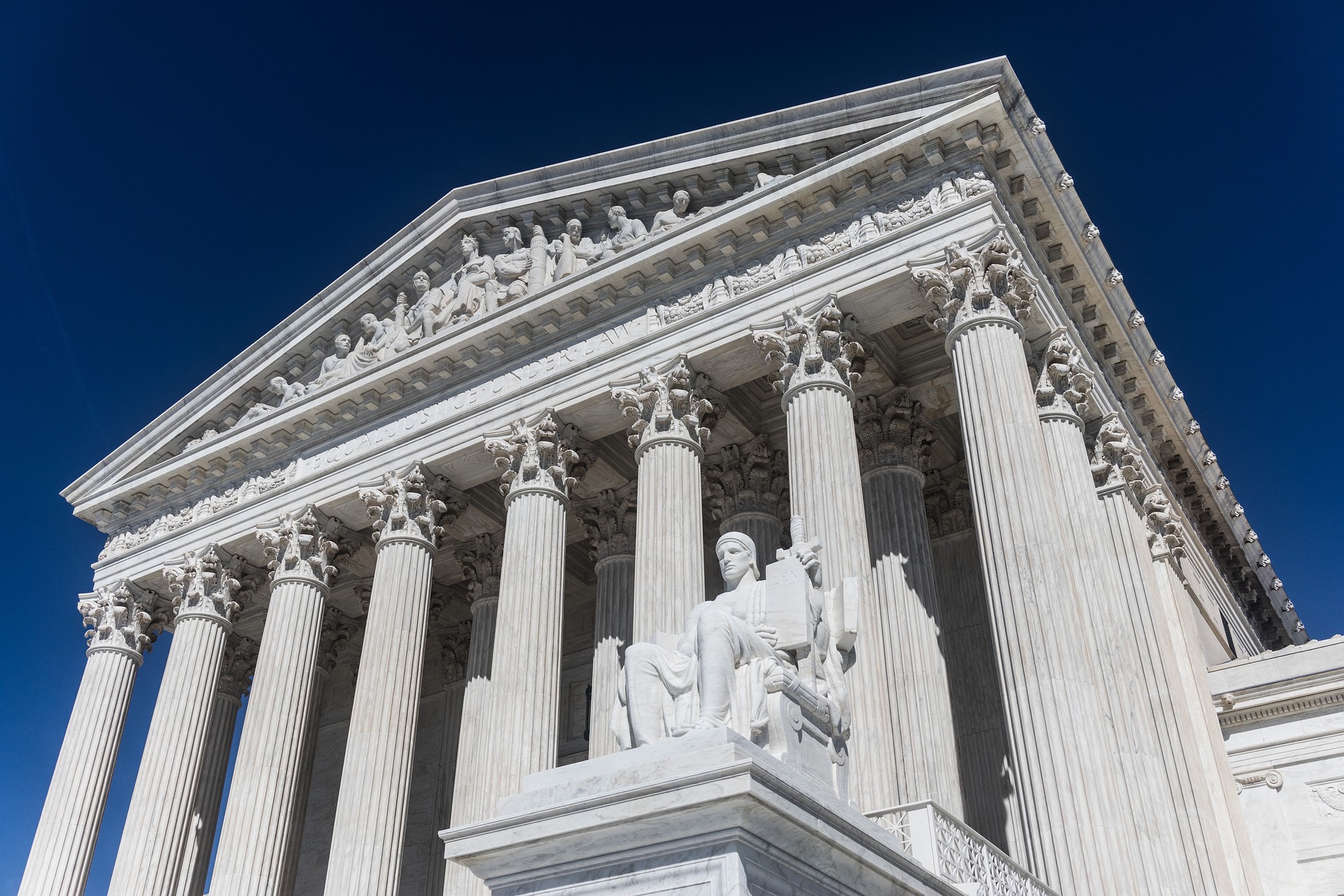People who immigrate to the United States and intend to become permanent residents are generally unaware of the benefits of that status. In addition, there are freedoms that they share with American citizens.
Being a resident or having a green card protects you by the Civil Rights Act of 1964, which establishes that you have the right to be free from discrimination based on race, ethnicity, and national origin, in employment, education, health care, housing, and other aspects.
As a permanent resident, you have the right to:
- Live permanently anywhere in the United States, if you do not take any action that could make you deportable under immigration law.
- Work legally in the United States in any job that suits your qualifications (some jobs are limited to US citizens for security reasons).
- Apply to become a US citizen once they qualify.
- Apply for permanent residence for your spouse and children under 21 (unmarried).
- Get public benefits like Social Security, Supplemental Security Income, and Medicare if you qualify. Social Security benefits may include help with food costs (food stamps), and childcare, and may receive assistance with health care costs.
- Own property in the United States.
- Apply for a driver’s license in your state or territory.
- Leave and return to the United States under certain conditions. However, you cannot leave the United States for an extended period or move to another country to live permanently. Those who wish to stay abroad for six months or more must present the appropriate documents to the United States Citizenship and Immigration Services (USCIS) that establish they do not intend to abandon their permanent resident status. You should also avoid traveling outside the United States if your residency is about to expire.
- Attend public schools and colleges.
- Join certain branches of the US Armed Forces.
- Buy or possess a firearm, if there are no state or local laws that say you can’t.
- Be protected by all laws of the United States, your state of residence, and local jurisdictions.
- Vote in local (but not federal) elections where US citizenship is not required. There are some jurisdictions where permanent residents can vote in local elections. Some cities and states make concessions for non-citizens who wish to vote.
It is important to know these benefits by approaching a specialist in this matter. At Gomez Law, we can clarify any of your doubts.




